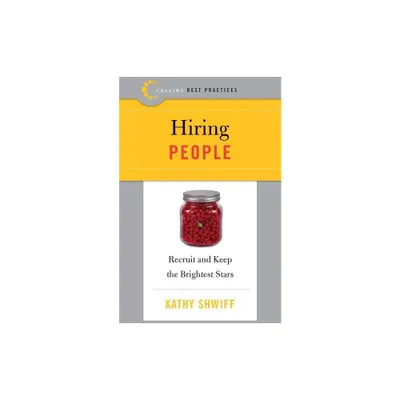Home
Family Capitalism: Best practices ownership and leadership
Loading Inventory...
Barnes and Noble
Family Capitalism: Best practices ownership and leadership
Current price: $180.00


Barnes and Noble
Family Capitalism: Best practices ownership and leadership
Current price: $180.00
Loading Inventory...
Size: Hardcover
*Product Information may vary - to confirm product availability, pricing, and additional information please contact Barnes and Noble
In most countries family businesses make up between 50 - 95% of business entities. Families control 30% of the Fortune 500 companies. These owners and their businesses are often an important part of the social fabric in local communities, and increasingly the international economy. Despite this,
Family Capitalism
, or ownership, has been seen as synonymous with stagnation, conflict and crises. The authors focus on how family owners avoids these pitfalls, and how emotional resources develop strategizing capacities.
The book explores how successful family businesses innovate and create
Visionary
Ownership,
and implement it. Two crucial leadership capacities are introduced;
Leadership of Paradox
and
Distributed Leadership
.
A renewed understanding of family businesses show how the family can generate unique strategic advantages in stewardship, succession, long-term thinking, risk management and building social capital. It shows a different perspective regarding value creation in the economy. The book provides new insights for family owners, advisors, leaders as well as scholars.
The findings are from a best-practice research project with cases from China, USA, Germany, Colombia, Israel, Tanzania, France and Sweden. Applying strategy-as-practice theory shows how family owners, across different cultures and sectors, use generic ownership strategies and experiment, such as with cluster ownership and creating new ventures in succession.
Family Capitalism
, or ownership, has been seen as synonymous with stagnation, conflict and crises. The authors focus on how family owners avoids these pitfalls, and how emotional resources develop strategizing capacities.
The book explores how successful family businesses innovate and create
Visionary
Ownership,
and implement it. Two crucial leadership capacities are introduced;
Leadership of Paradox
and
Distributed Leadership
.
A renewed understanding of family businesses show how the family can generate unique strategic advantages in stewardship, succession, long-term thinking, risk management and building social capital. It shows a different perspective regarding value creation in the economy. The book provides new insights for family owners, advisors, leaders as well as scholars.
The findings are from a best-practice research project with cases from China, USA, Germany, Colombia, Israel, Tanzania, France and Sweden. Applying strategy-as-practice theory shows how family owners, across different cultures and sectors, use generic ownership strategies and experiment, such as with cluster ownership and creating new ventures in succession.


















